In 2022, it was reported that around 163 million Americans over the age of 18 owned a sex toy or multiple toys. The global sex toy market is anticipated to grow from $27.17 billion to $52.7 billion between 2019 and 2026 and reach a value of $80.7 billion by 2030. In March 2023 Los Angeles-based Amboy Street Ventures, which claims to be the world's first venture capital firm focused on underserved women's health and sexual health start-ups that are democratizing healthcare for all genders, closed its debut $20 million funding round. As of 2023, Maude has become the first sexual wellness brand to be stocked in Sephora’s brick-and-mortar stores as the mainstream beauty retailer expands its investment in the category. A big growth factor in this development is increasing conversations around sexual freedom and liberation—debates that have only been further ignited by political developments such as the overturning of Roe v. Wade.
All this impressive growth is a win for the sex positivity movement but perhaps not such a great thing for the planet. Most sex toys produced are made from plastics that are derived from petroleum and are difficult to recycle; jelly rubber (used frequently in sex toys), which contains phthalates that are considered toxic for marine ecosystems; and batteries used to power toys that end up polluting landfills. Furthermore, the UN Population Fund estimates that there are around 10 billion male latex condoms manufactured yearly, with most ending up in landfill.
With sex toys and self-pleasure considered a personal topic many people feel embarrassed to talk openly about, a discussion on the negative impact of the sex toy market on the environment can often slip under the radar. Some manufacturers have picked up on the increasing climate anxiety and consumer desire to look after the planet and have decided to explore sustainable sex toy options.
A 2021 survey of UK residents found 80% to have had some concern about climate change, and 43% of US residents were worried “a great deal.” Unlike clothing, furniture, and general appliances, sex toys aren’t something that can be thrifted or used secondhand for hygiene reasons, so brands looking to capitalize off of the environmentally concerned consumer have had to get imaginative with their approaches. Sustainable UK-based marketplace Veo has revealed that there has been a 258% month-over-month growth in sales for sustainable sexual wellness products and a 3,500% increase in the search for sustainable sexual health collections over the last 12 months―showing there is clear consumer demand for these options. BeautyMatter has put together a guide to some of the most innovative creations that encourage eco-friendly sex and self-pleasure.
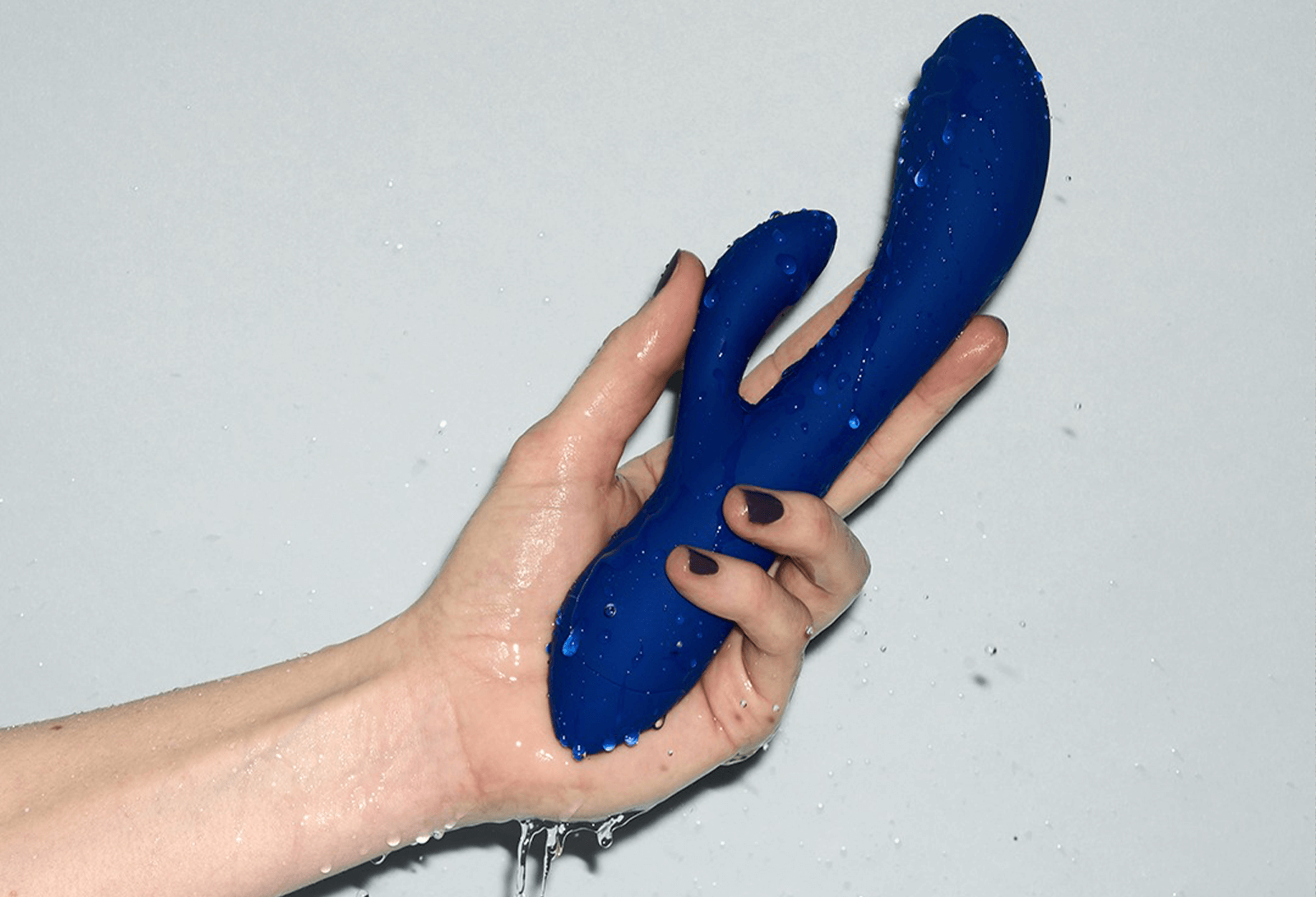
Ohhcean is the world’s first sex toy series made from ocean-bound plastic and is made up of three products: OBP -01 Magic Wand, OBP -02 G-Spot Vibrator, and OBP -03 Body Vibrator. All three products are rechargeable, rather than battery-operated, and come with seven different vibration patterns. To create the toys, plastic (polyethylene terephthalate) is collected in and around the ocean, streams, and lakes by fishermen. This plastic is easily recyclable thermoplastic derived from soda and water bottles, and the lids from these bottles are what Sinful uses to create their Ohhcean products. All Ohhcean products are manufactured in partnership with upcycling and recycling ocean-bound plastic organization #tide, which has also worked with brands such as Hugo Boss and Tom Ford. #tide makes sure that the material is made from 100% recycled ocean-bound plastic and that the entire production process of the toys is powered by renewable energy.
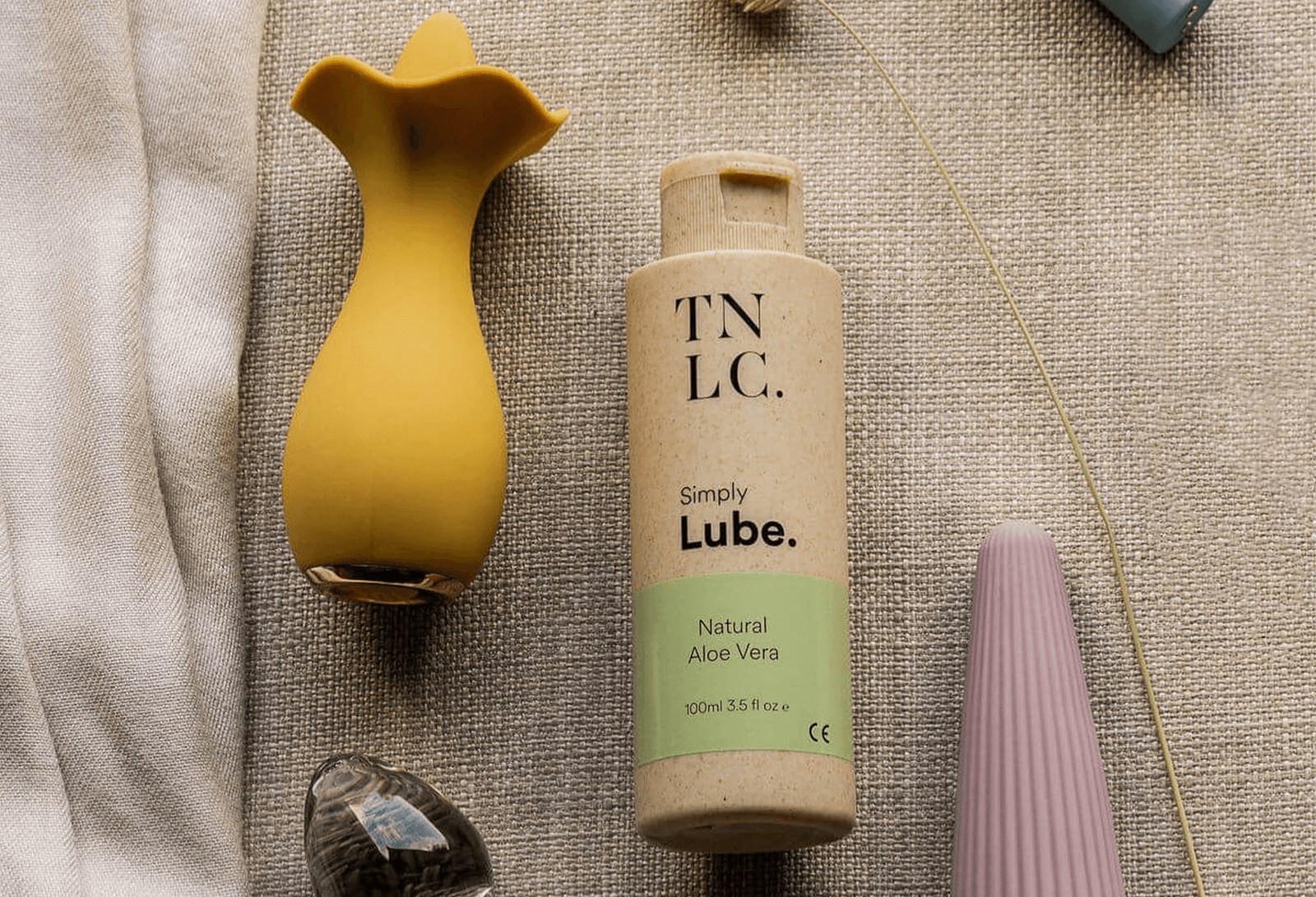
With the tagline “F**k yourself. Not the planet,” the brand offers a wide range of vegan-friendly products, from classic vibrators to anal toys and organic lubricants. For every purchase made, a tree is planted in partnership with Tree-Nation. This is part of The Natural Love Company’s orgasms4oxygen scheme. When buyers leave a product review for their purchase, a second tree is planted. So far, the company has planted over 6,000 trees, helping to bring back displaced wildlife, reduce soil erosion, and restore humidity conditions and CO2 sequestration. Tree planting is currently taking place in Madagascar as a response to the deforestation the country has faced in recent years. The brand doesn't just focus on planting trees; they also have a partnership with The Ocean Foundation to help restore vital ocean seagrass and ensure that every unit of electricity the brand uses can be traced back to a renewable source.
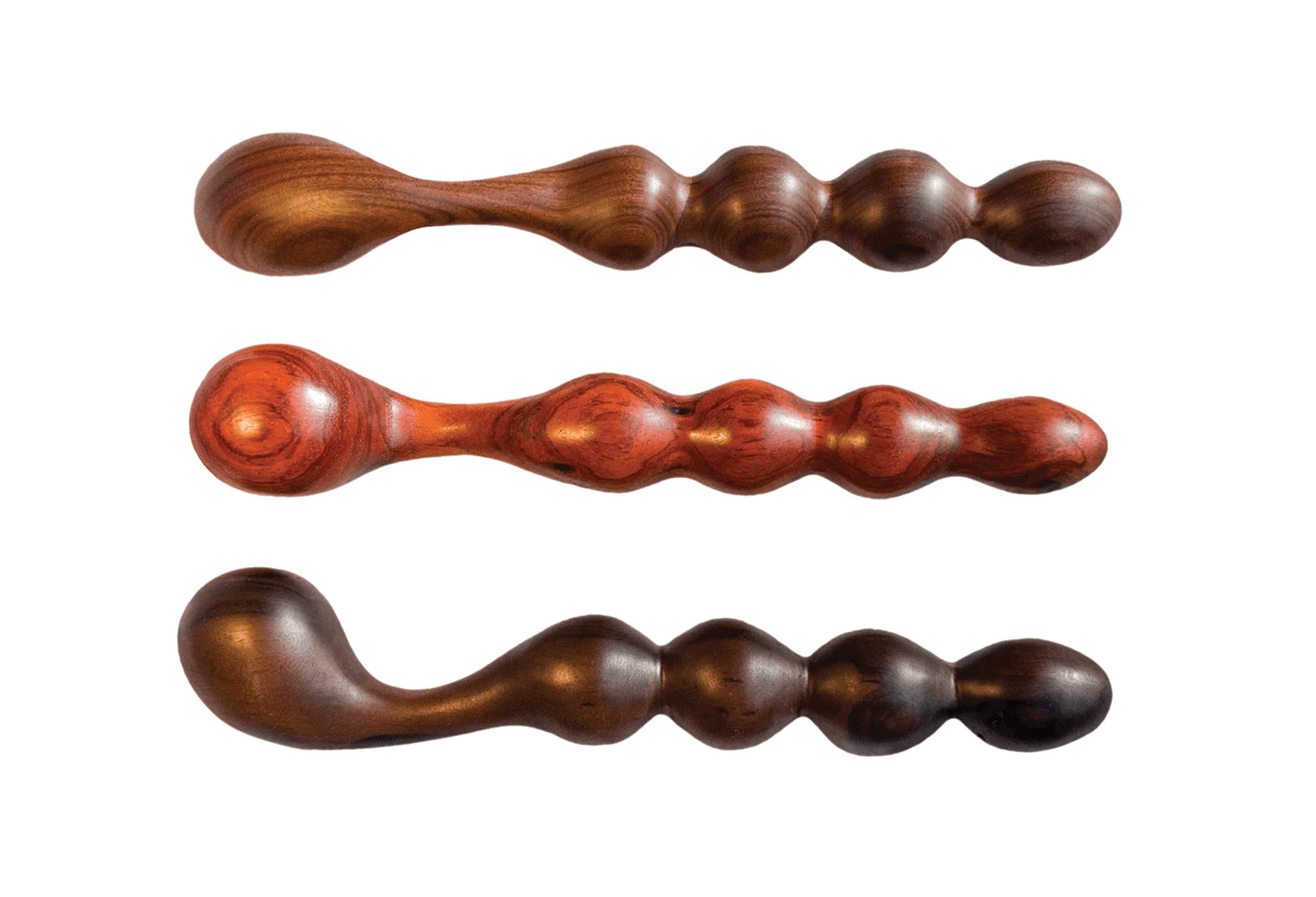
This brand provides an array of “sensual sculptures” made out of wood. Each toy is made of nonendangered hardwoods carved, polished, and coated in the brand's patented biocompatible Lubrosity. When applied to the wooden exterior of the toys, Lubrosity creates a waterproof, scent-free, odor-defying surface that is compatible with antiseptics and commercial lubricants. Each product is biodegradable, compostable, organically produced, and coated in a hypoallergenic vegan seal (Lubrosity) that prevents splinters or roughness. Most importantly the products aren’t using any electricity or batteries meaning that they are completely environmentally friendly from their creation and throughout their lifespan.
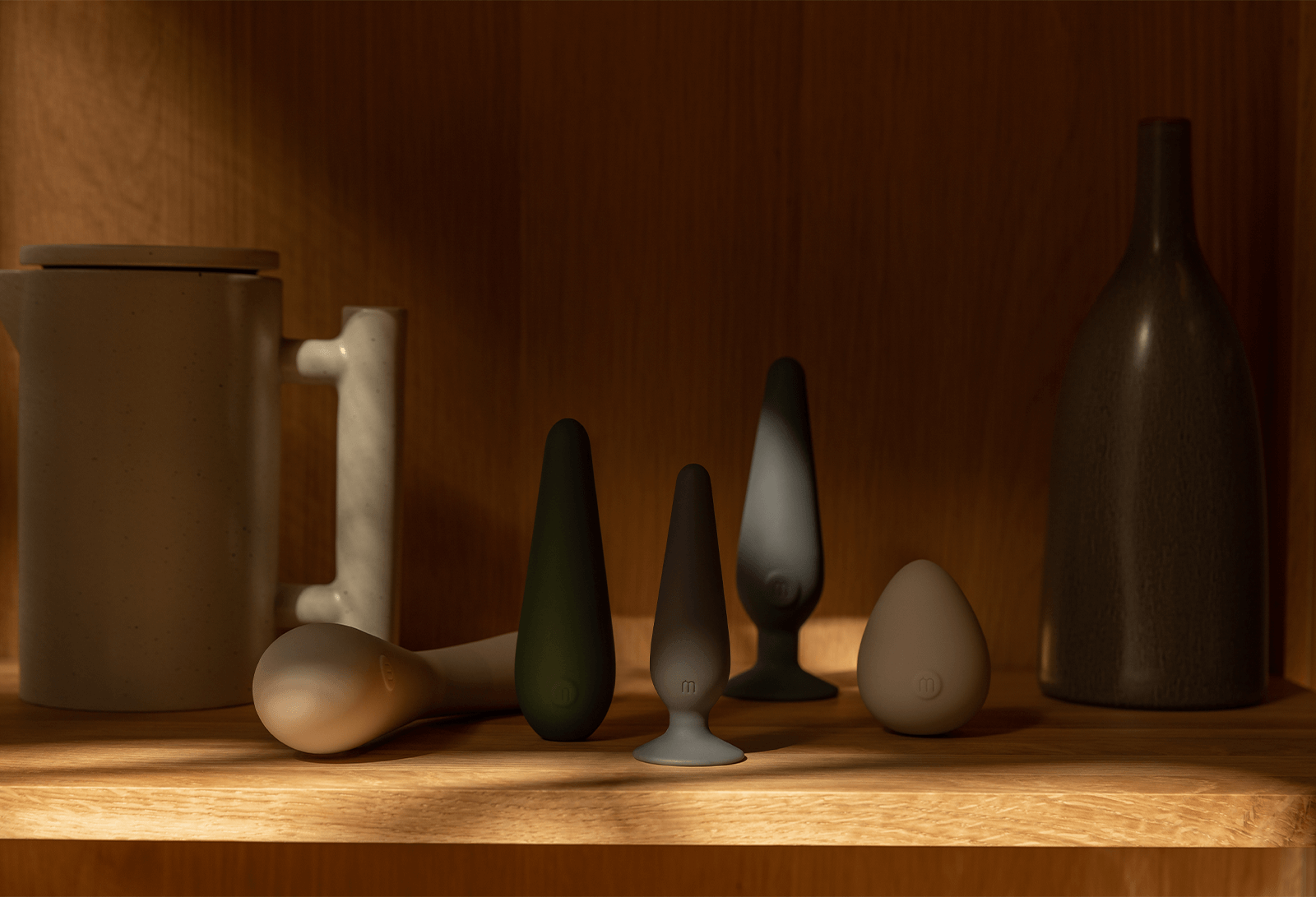
Having raised over $10 million in funding since its launch in 2018, Maude has kept sustainability at the forefront of its practice. The minimalist aesthetic and inclusive messaging behind the brand make its products universally attractive and approachable. Maude ensures that all shipping cartons are manufactured locally with 7% preconsumer recycled content and 39% postconsumer recycled content. The brand’s sustainable offerings include Wipe, a water-activated, 100% compostable, hypoallergenic set of ten towels for personal care, and Libido supplements that are developed with a fully recyclable refill system, housed in travel tins that are recyclable, reducing single-use plastics and packaging waste significantly.
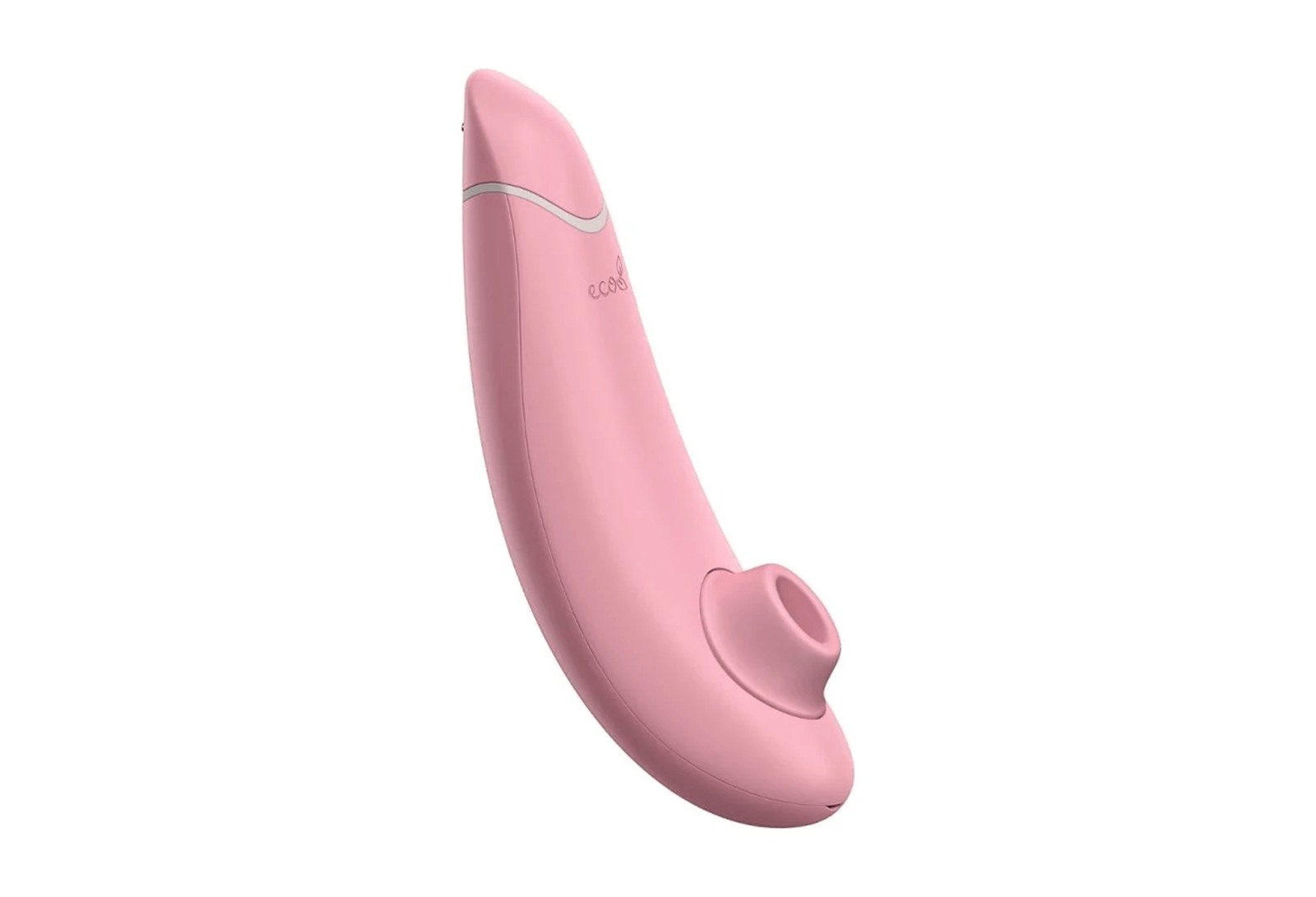
This popular sex toy brand has made the move towards sustainable pleasure with its Premium Eco vibrator that boasts 12 intensity levels and is USB-rechargeable. The vibrator also comes with a fully replaceable and rechargeable battery that encourages consumers to get the product fixed (in case of breakage) and extend the product lifespan, a stark comparison to the throwaway-and-replace attitude around modern technology. The Premium Eco is made from biolene, a bio-based material that is an alternative to ABS plastic and is biodegradable, making the toy 100% recyclable. For every Premium Eco sold, Womanizer plants a tree with the One Tree Planted organization in Paicho, Uganda. The initiative aims to “improve livelihoods through sustainable agricultural practices and promote cultural values and natural heritage conservation in agricultural areas.”
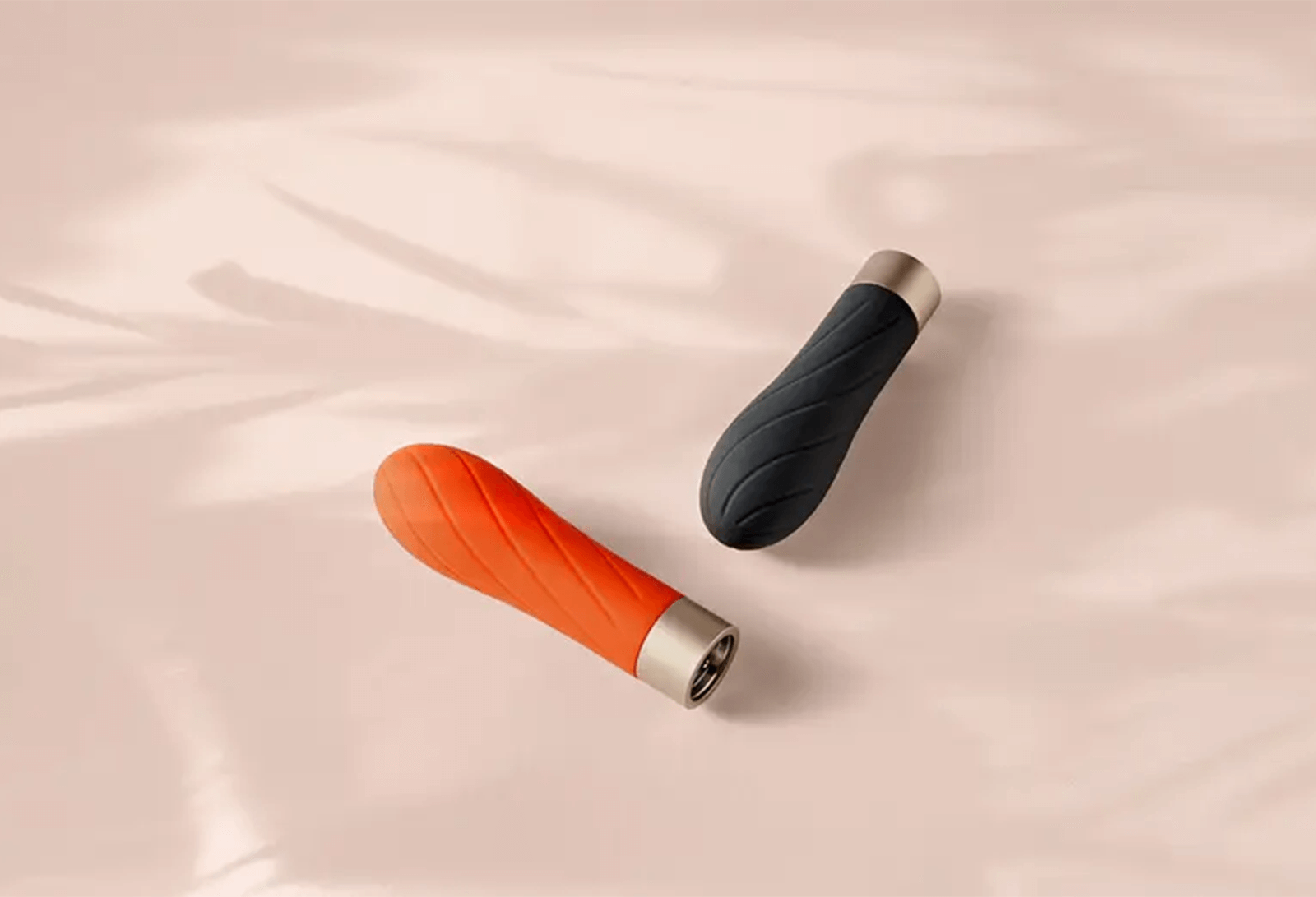
This brand has worked to create products that deliver effectively for the users without compromising its sustainability. Every toy comes with an interchangeable battery base that works with all the brand’s separate heads. This means the consumer only needs one battery unit to create multiple products out of Love Not War’s range of toy heads. Each product is designed with mindful materials such as food-grade silicone, recycled aluminum, and recycled plastics. The custom-built factory in Britain is powered by green energy, mostly from hydroelectric sources. The brand has yet to hit its net-zero milestone but continues to strive towards this goal by continuing to push its sustainable practices further.
During the Covid-19, pandemic sex toy sales rose dramatically; UK lingerie and sex toy brand Ann Summers saw a 27% rise in sales of toys. The pandemic introduced sex toys to a larger population of consumers; the increase in demand has since led to the expansion of the sexual wellness category. There has been a growing destigmatization around the use of sex toys, aided by celebrity endorsements, such as actress Dakota Johnson's investment in Maude. Sexual wellness is no longer carrying the same level of taboo as it did previously, which has led to brands that aren’t just looking to bring the category to the mainstream. It’s no longer just about delivering good quality toys, it's about weaving in initiatives around sustainability, education, and awareness.

Want to continue reading this article and others just like it?
Subscribe to BeautyMatter and access the most current beauty intelligence and news updates.
SubscribeAlready a member, login here.